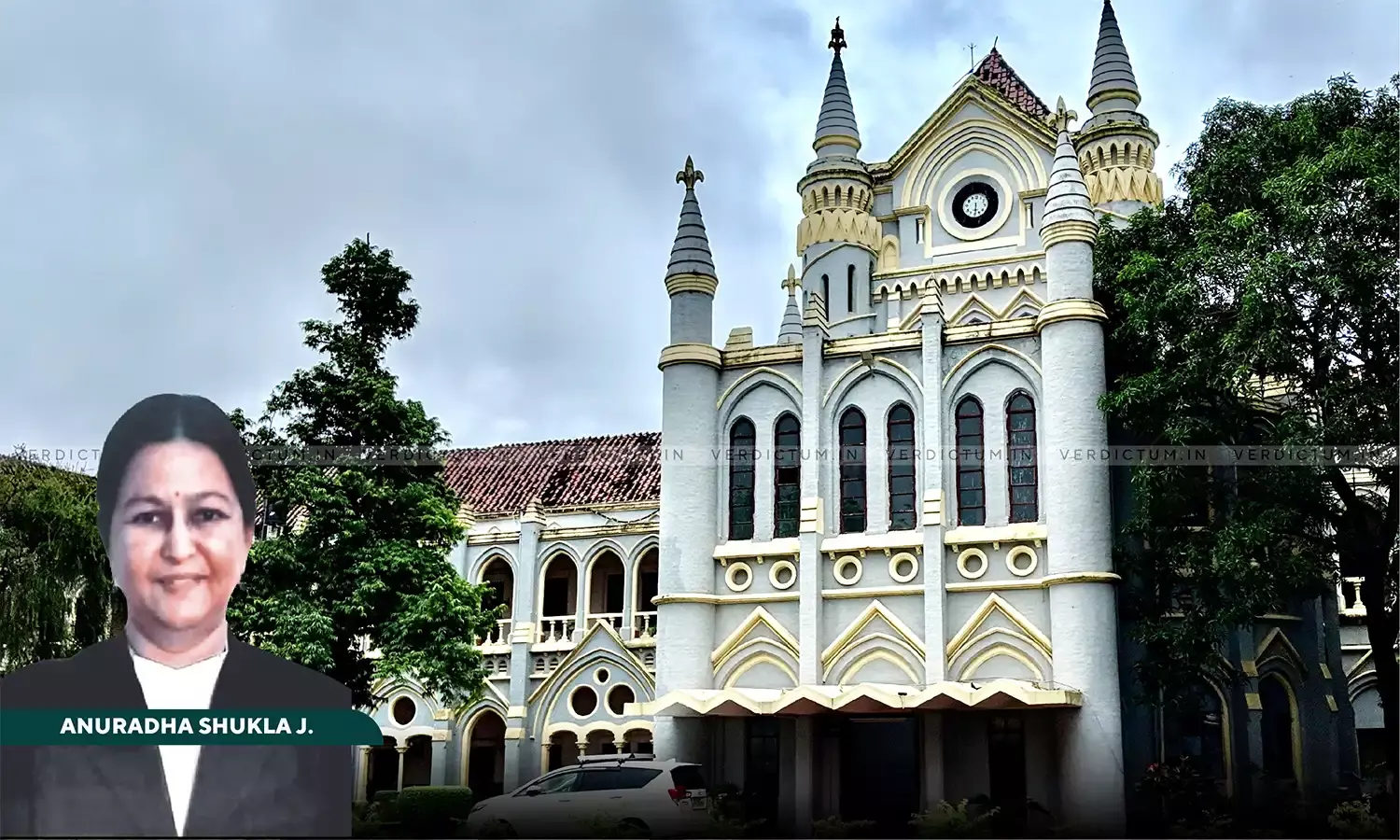Merely Relevance Of Document U/S 35 Evidence Act Not Of Evidentiary Value In Absence Of Reliable Evidence To Prove Victim’s Age In POCSO Cases: Madhya Pradesh HC
The Madhya Pradesh High Court held that merely relevance of a document under Section 35 of the Indian Evidence Act, 1872 (IEA) cannot be considered of any evidentiary value in absence of reliable evidence to prove the age of the victim.
The Jabalpur Bench held thus in cross criminal appeals arising out of a common judgment of the Special Judge, Protection of Children from Sexual Offences Act, 2012 (POCSO Act).
A Single Bench of Justice Anuradha Shukla observed, “… in the absence of any reliable piece of evidence to prove the age of prosecutrix merely relevance of a document under Section 35 of the Indian Evidence Act cannot be considered of any evidentiary value. Vigilance and the precautions that are required to be adopted in a case of a minor victim of sexual assault were completely missing in this case as evident from the fact that even inadmissible documents were allowed to be produced in evidence to prove the age of prosecutrix.”
Advocate Shreesh Agrawal appeared for the appellant while Government Advocate Priyank Mishra appeared for the respondents.
Facts of the Case -
The appellant was convicted for the offences under Sections 363 and 376(2) of the Indian Penal Code (IPC) and Sections 3 and 4 of the POCSO Act. In 2018, the victim who was below 18 years went missing from her house regarding which a report was lodged by her father against an unknown person. It was informed that the victim had taken her birth certificate and Aadhar card along with her. An FIR was registered and the matter was investigated. The victim was found from the custody of the appellant and was medically examined.
The remaining investigation was completed and the trial was held. The Special Court held the appellant guilty and punished him. However, he was acquitted of the charge under Section 366 IPC. Challenging his conviction, the appellant approached the High Court. It was contended that there was no evidence available to hold the appellant guilty, the victim was a consenting party, and that a false FIR was lodged by her. It was further submitted that the victim’s age was seriously disputed and there were no external/internal injuries found on her body.
The High Court in view of the above facts noted, “The certified copy of a public document is admissible in evidence under Section 77 of Indian Evidence Act and what would be a certified copy of a public document, is defined in Section 76 of that Act. Evidently, the true copy issued with the signature of Thana Prabhari does not fall within the category of certified copy of the Class X mark-sheet and the birth certificate issued by Registrar, Birth & Death. Thus, both these documents are not the certified copies and, therefore, do not fall into the category of primary evidence. Section 64 of the Indian Evidence Act requires that the documents must be proved by primary evidence except where the secondary evidence is permissible or permitted. Here, neither of the conditions applies.”
The Court said that no permission was taken from the Trial Court to produce secondary evidence about the two documents which were not the pieces of primary evidence. In the light of this observation, it held that the Trial Court acted against the principles of Law of Evidence by relying upon the two true copies which were not at all admissible in evidence.
“On the basis of foregoing discussion, it is concluded that the prosecution has failed to prove that prosecutrix was below 18 years at the time of incident. Her class X mark-sheet and birth certificate were not proved by producing the original documents in evidence or by seeking permission to prove them through secondary evidence. The entry of date of birth in scholar register was also not proved by any reliable evidence. The person who made that entry or the person at whose behest that entry was made was not examined and if it was the father of prosecutrix who gave information about the date of birth of prosecutrix at the time of her admission in the school, then he failed to prove this important fact through his testimony”, it further remarked.
The Court, therefore, concluded that the prosecution failed to prove that the age of the victim was below 18 years at the time of incident.
Accordingly, the High Court disposed of the appeals, acquitted the appellant, and set aside the judgment of the Special Court.
Cause Title- Lalit Lauvanshi v. The State of Madhya Pradesh and Others (Neutral Citation: 2024:MPHC-JBP:40639)



